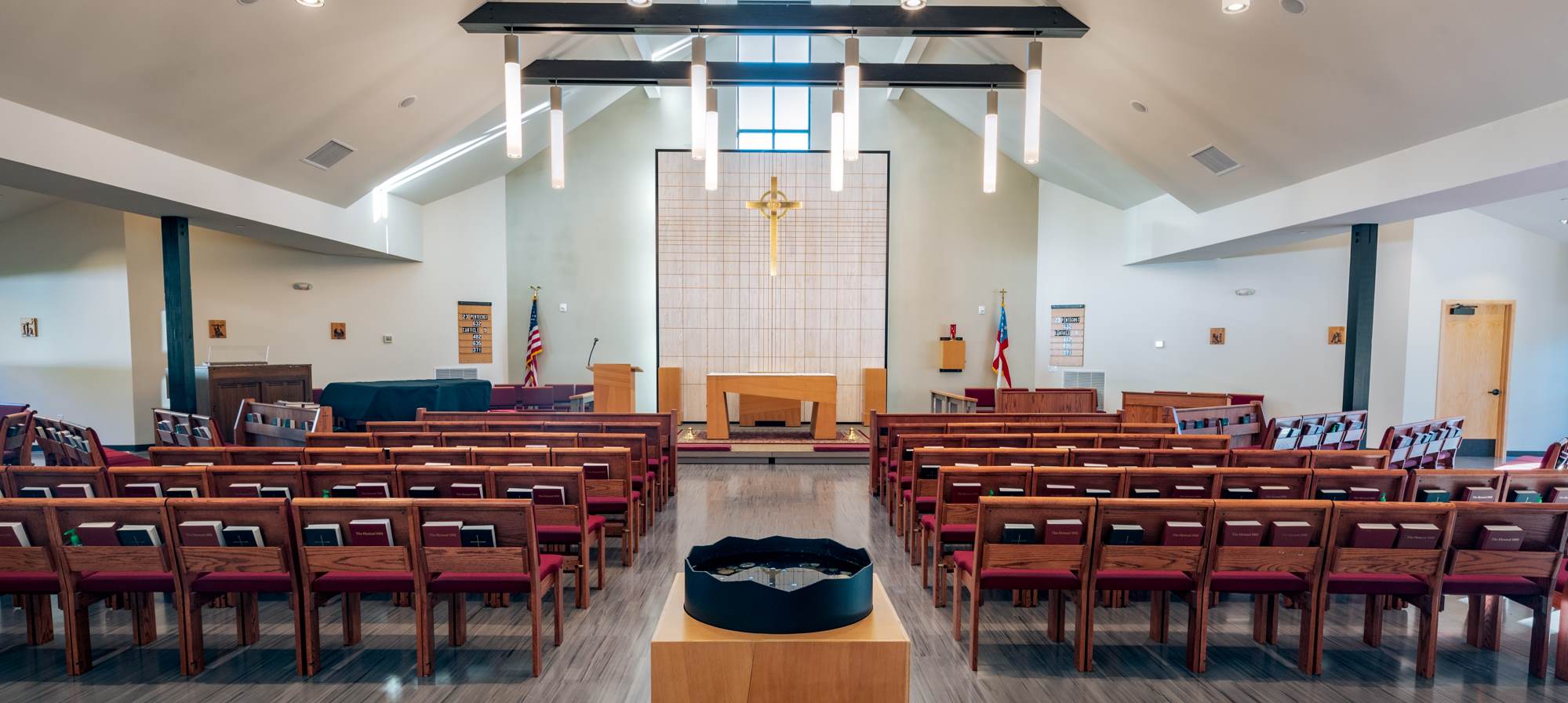Reflections on Indigenous People’s Day
By the Rev. Rachel K. Taber-Hamilton
On May 4, 1493, at the urging of King Ferdinand and Queen Isabella of Spain, Pope Alexander VI confirmed their right of possession of all newly discovered lands in the Americas. Even at that point in time, 524 years ago this year, the Christian conquest of the new world was well under way.
Alexander’s papal bull was a continuation of what is now called the Doctrine of Discovery. The history of Europeans “discovering” indigenous peoples in their own land is a tragic one. In 1455 Pope Nicholas V had exhorted Catholic rulers to conquer, even those “in the remotest parts unknown to us,” who all were deemed to be enemies of Christ. The Pope gave explorers (the first venture capitalists) permission “to invade, search out, capture, vanquish, and subdue all Saracens [Muslims] and pagans,” take their possessions, and “reduce their persons to perpetual slavery.” This was understood to be God’s will, with the new world interpreted as the “promised land” that God intended for them as the “faithful’ to enter and claim as their renewed Eden.
To settle a feud between Spain and Portugal, the papal bull of 1493 divided the world between them, leaving most the Americas to Spain and giving Portugal what is now Brazil and all lands in Africa and Asia. The European invasion of the Indian settlements in the Americas was informed in equal parts by both profiteering and theology, each reinforcing the validity of the other. What Columbus did to the Arawaks of the Bahamas, Cortes did to the Aztecs of Mexico, Pizarro to the Incas of Peru, and the English settlers of Virginia and Massachusetts to the Powhatans and the Pequots.
Not long after his arrival in the area, Columbus and his men herded the indigenous peoples into pens, enslaved them to mine for gold, and -failing that – shipped them to Europe to be sold as slaves, in payment of accrued debts to his investors. The Arawaks had been given an impossible task. The only gold around was bits of dust garnered from the streams. When they fled, they were hunted down with dogs and were killed. This scenario, exemplified by Christopher Columbus, would be reenacted by other Christian European countries throughout the centuries, employing the same theological, economic and geopolitical justifications.
The indigenous peoples of the United States also came under the influence of the Doctrine of Discovery in the founding of the country by its earliest European settlers. The Doctrine was formally indoctrinated into U.S. law in 1823, when Chief Justice John Marshall concluded that the U.S. had derived its right of “dominion” from Great Britain as the nation who “discovered” and settled “unoccupied” land. Justice Marshall concluded that America’s “heathen” natives had lost “their rights to complete sovereignty” and must now live as dependent nations within the U.S.
Nations that have been forged from the forces of colonialism have been built upon the premise of clearing away and subjugating indigenous peoples in body, mind and spirit. The historical trauma of indigenous peoples is intergenerational, both in our physical DNA and in our communal histories. We see the impact of historical trauma manifested in high rates of addiction, poor health, homelessness, incarceration, family breakdowns, violence, suicide, neglect, and abuse/sexual abuse which are all disproportionately high across our peoples.
Struggles for sovereignty and treaty rights continue today and are as much a part of indigenous people’s traditions as prayers, songs and dances. Court rooms, government offices, jail houses, clinics and schools are today’s battle grounds upon which indigenous peoples are still fighting for recognition, dignity, rights, sacred sites, resources, justice and life itself.
So, for indigenous peoples in Washington State, Indigenous People’s Day celebrates our continued survival and cultural pride in the face of profound loss and disparate odds. Coming together as the Church to recognize and support indigenous presence and identity within our diocese, is a vital connection that we can make with one another. Only through an intentional process of partnership, reconciliation and celebration, can we create the Kingdom of God as a Sacred Circle into which, truly, All Are Welcome. The path that is life-giving (not death-dealing) is the path we must mutually commit to walking together, if humanity and all Creation are to continue for generations yet to come.
